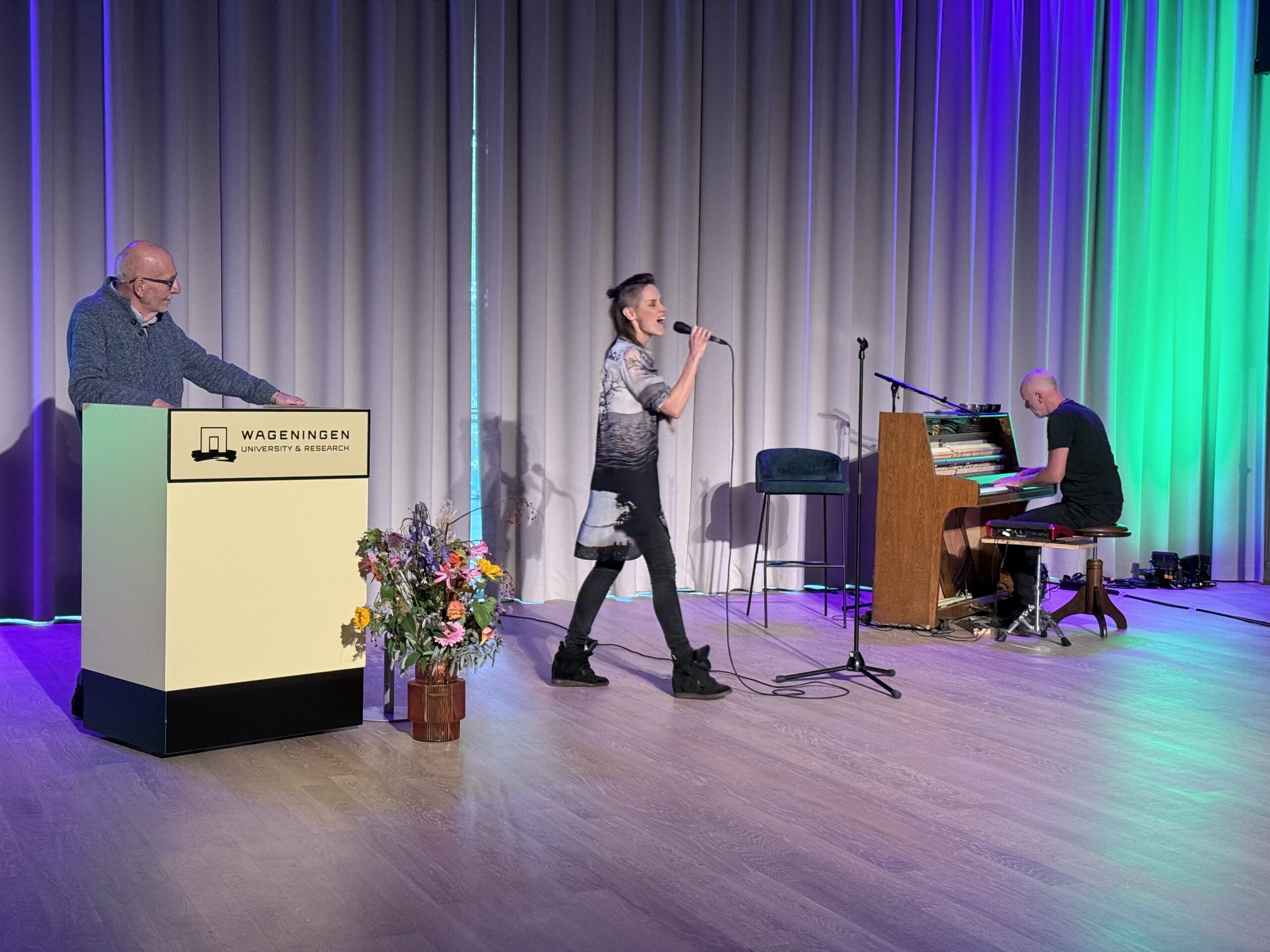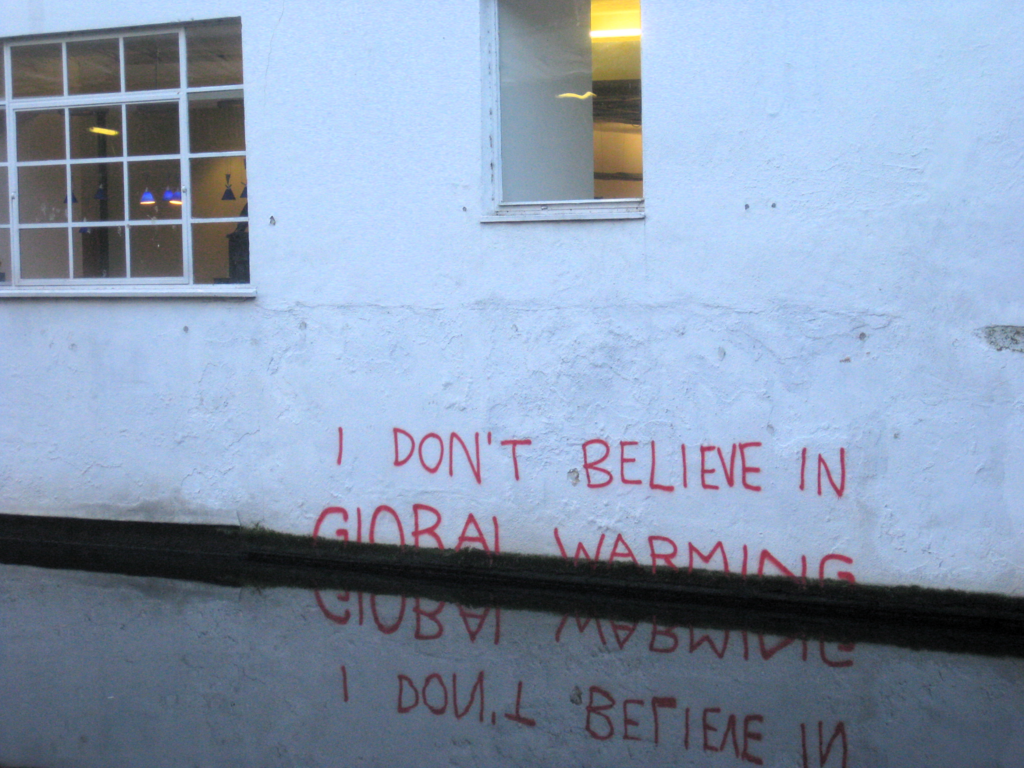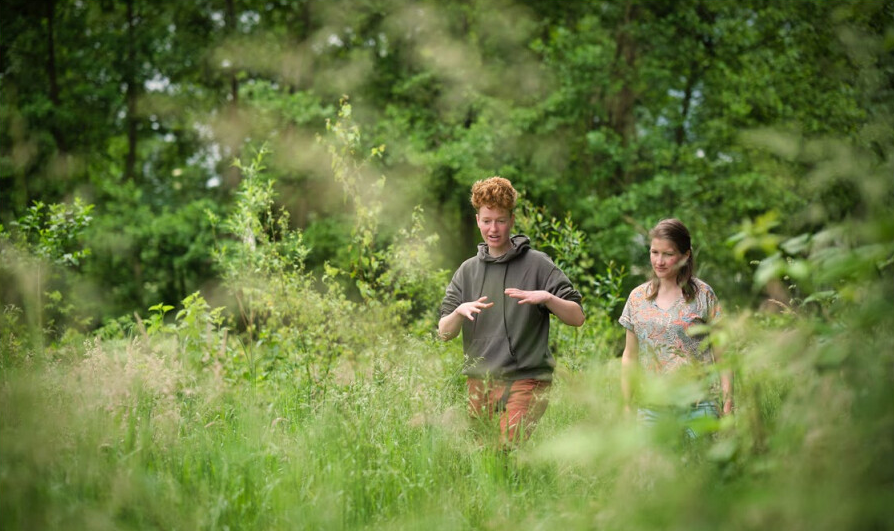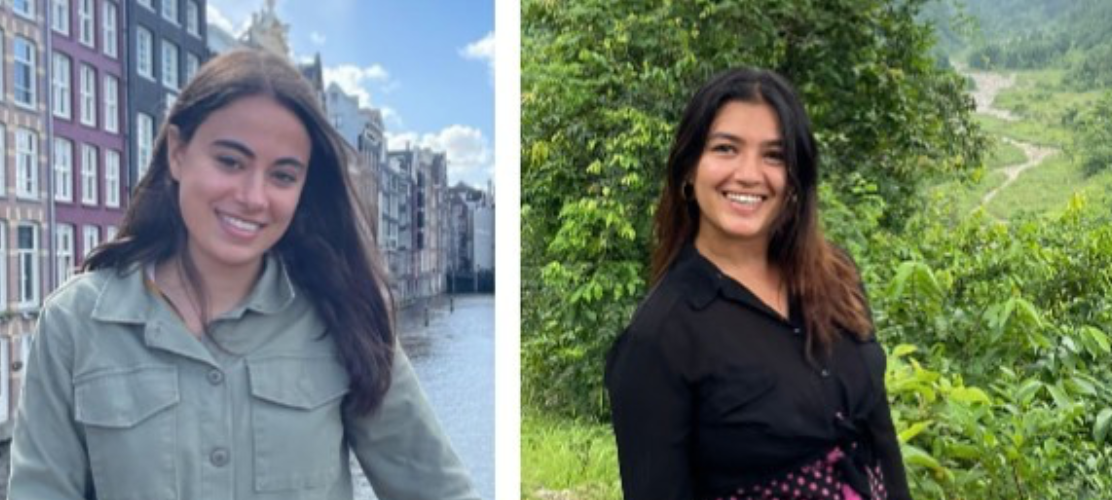It started as a wild idea from WUR researcher Bas Breman and podcast maker Antonie Stip to do ‘something’ with the power of stories about nature. It resulted in a fully booked meeting in Omnia, with an impressive opening by emeritus professor Matthijs Schouten and singer Nynke Laverman.
More than 250 nature lovers from diverse backgrounds gathered on Monday afternoon for Breman’s and Stip’s initiative. The latter was absent, ironically due to an infection with Lyme disease. ‘That’s another thing nature gives you. And take that risk very seriously,’ he said in a video message.
Breman then outlined solo how this initiative came about. How, a few years ago, he became involved in the so-called Future Exploration for Nature, a project led by the Netherlands Environmental Assessment Agency that aims to create future scenarios that allow policymakers to look beyond the issues of the day. He described it as an educational and useful but at the same time rather syrupy process, in which it is easy to get lost in data, models and official terms such as MetaNaturePlanner or the Natural Capital Model. ‘But I have always kept in mind that creating a scenario is essentially about creating a good story,’ said Breman.
The value of stories
As co-supervisor of WUR’s relatively new ‘outdoor courses‘, among other things, he became even more convinced of the value of stories: personal stories about what nature means to people, but also stories from other cultures and historical stories. ‘I then went looking for more examples and came across Antonie’s podcast: every two weeks, under the banner of the Butterfly Foundation, he has a good conversation with people who have an enormous passion for nature.’
Where does the idea come from that humans can appropriate nature, that its meaning lies in its value to humans?
He sent Stip an email and then the ball started rolling: Wageningen Dialogues became involved, as did the Biodiverse Environment research programme, the Wageningen Biodiversity Initiative was enthusiastic – and so on Monday afternoon a meeting took place that attracted more than 250 nature lovers who, in their own way, also want to set something in motion through stories, such as policymakers, scientists, people from the education sector, representatives of NGOs and initiators of citizens’ initiatives.
Science and art
Those present were treated to an impressive opening: a combination of a philosophical speech by Matthijs Schouten, WUR’s emeritus professor of ecology and philosophy of nature restoration, and live music performed by Nynke Laverman. The common thread: where does the idea come from that humans can appropriate nature, that its meaning lies in its value to humans? And how can that paradigm be changed? Their collaboration formed a compelling plea to connect science and art, reason and emotion. The enchantment of it is difficult to describe, but a video impression will be online soon, Breman promised.
Master storytellers
Other master storytellers also shared their insights and experiences about nature. Like biologist and writer Arita Baaijens, who got her audience to look at nature through a different lens with stories about her voyages of discovery in places like Siberia and Papua New Guinea.
There was also a lot of interest in the story of WUR climate researcher Tim van Hattum. His latest book, Klimaatkampioen (Climate Champion), will be released on Thursday. In it, he shows that it is not too late to turn the tide, according to the blurb. He previously presented a hopeful climate story in his book Only Planet, which is now the inspiration for a touring musical production.
Sequel
For those who were unable to attend, there will be another opportunity: Future for Nature Live will have a sequel. The KLV fund of WUR alumni has already pledged a financial contribution for this. ‘We received a lot of positive feedback. Apparently, we struck a chord,’ says Breman.
Translated with DeepL

 Philosopher Matthijs Schouten, singer Nynke Laverman and pianist Sytze Pruiksma. Photo Resource
Philosopher Matthijs Schouten, singer Nynke Laverman and pianist Sytze Pruiksma. Photo Resource 

